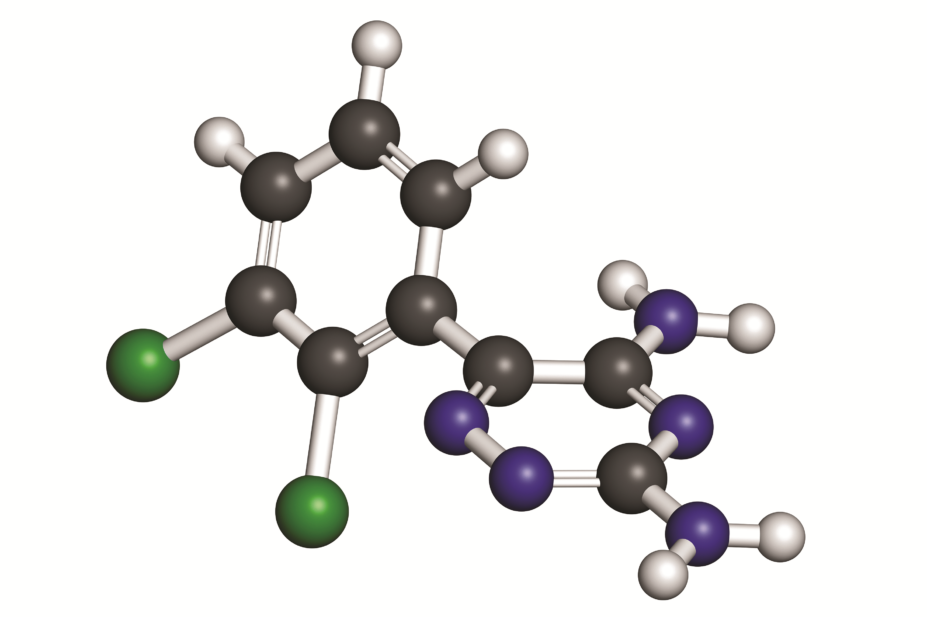
Shutterstock.com
Taking antiepileptic drugs during pregnancy has been linked to malformations and neurodevelopmental disorders in infants.
Researchers monitored the children of 83 epileptic women, treated with lamotrigine during the first trimester of pregnancy, who gave birth between 2004 and 2014.
All newborns were monitored for vital signs and congenital malformations and the Finnegan score was used to evaluate their overall condition. The parents completed a questionnaire regarding their child’s development and health up to the age of 12 years.
The study found that children exposed in utero to lamotrigine did not have an increased likelihood of birth defects or postnatal complications compared to the control group. In addition, none of the newborns had significant withdrawal symptoms.
There appear to be no significant adverse effect of in utero exposure to lamotrigine on the physiological parameters of infants, the authors concluded in the British Journal of Clinical Pharmacology (22 October 2017), but larger studies are needed to corroborate these findings[1]
.
References
[1] Cohen-Israel M, Berger I, Martonovich E et al. Short- and long-term complications if in vitro exposure to lamotrigine. Br J Clin Pharmacol 2017. doi:10.1111/bcp.13437


